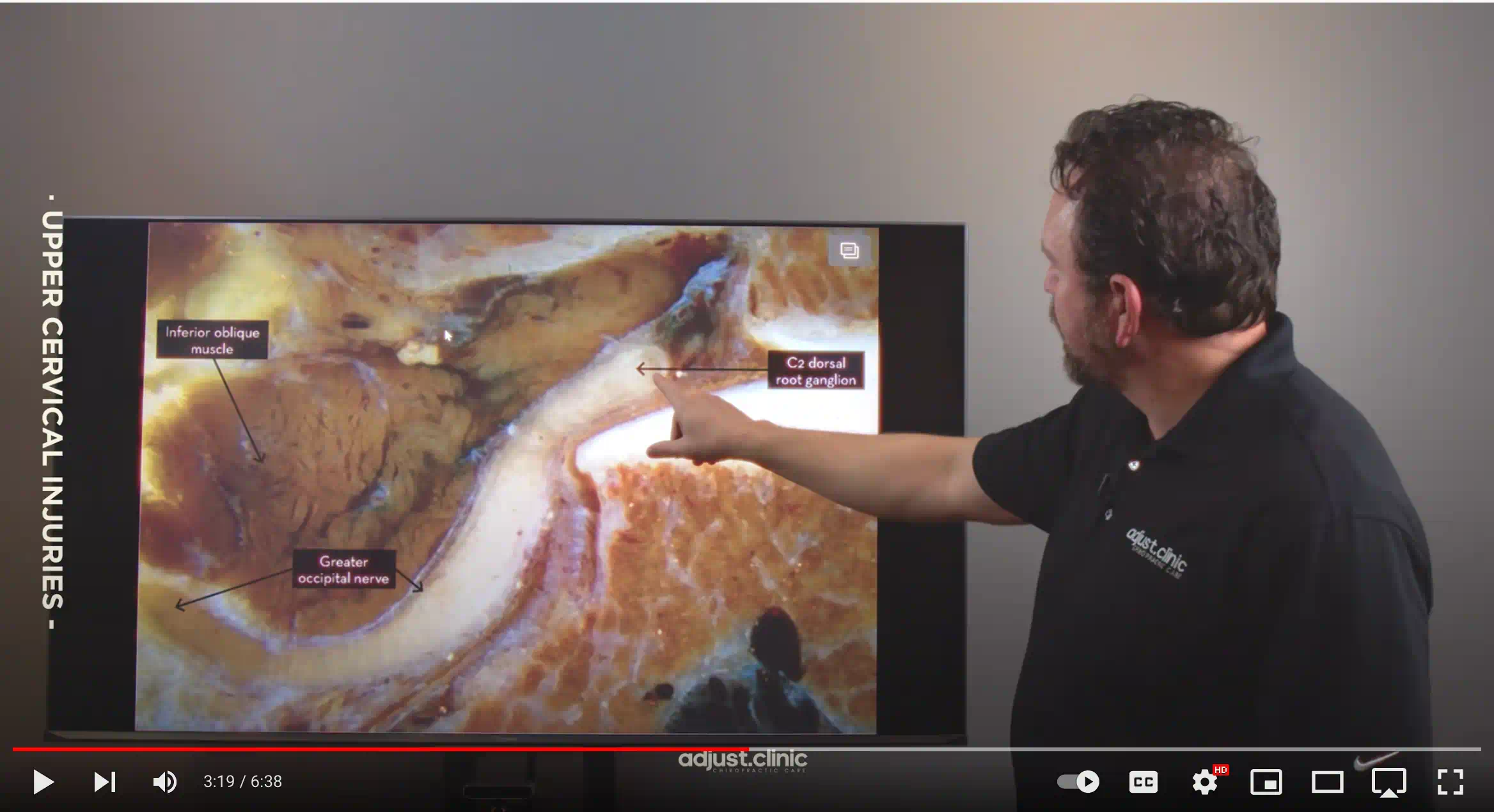
Whiplash injuries are one of the most common types of injuries that occur in car accidents. Many people who suffer from whiplash do not realize that they have an injury until days or even weeks after the accident. One of the most common symptoms of whiplash is headache. In this blog post, we will discuss why you get headaches from whiplash injuries and how to treat them.
Whiplash injuries are alarmingly common, especially in the aftermath of car accidents and personal injuries. According to the National Safety Council, approximately 4.4 million people in the United States suffered injuries in motor vehicle accidents in 2019 alone. One of the most prevalent symptoms that emerge from whiplash injuries is headaches. If you're in Petaluma or Sonoma County and have recently been in an accident, this comprehensive guide will help you understand why headaches occur after whiplash and what you can do about it.
Whiplash is a neck injury that occurs due to a sudden, forceful back-and-forth movement of the neck, much like the cracking of a whip. This can happen in various situations such as car accidents, sports injuries, or even sudden falls. The rapid motion can strain or tear the muscles and ligaments in your neck, leading to symptoms that can range from mild to severe.
When whiplash occurs, the sudden jerking motion can have a significant impact on the Greater Occipital Nerve. This nerve originates in the upper neck and supplies sensation to the back of the skull. It lies adjacent to muscles that are highly susceptible to strain during a whiplash injury.
During a whiplash event, the muscles surrounding the Greater Occipital Nerve can become inflamed or bruised. This can lead to nerve compression, which is often the culprit behind headaches following a whiplash injury. Anatomical studies have shown that swelling can surround the nerve tissue, exacerbating the pain and discomfort.
Another factor contributing to headaches is the bruising of suboccipital muscles in your neck. When your neck hyperextends during an impact, these muscles can collide with other bones in your neck, leading to bruising and, consequently, headaches.
Whiplash-induced headaches differ from other types like tension headaches or migraines. They are usually localized to the back of the head and can vary in intensity, from a dull ache to throbbing pain. The pain often worsens with neck movement, bending over, or lying down.
Headaches are among the leading causes of disability in working adults. If you're experiencing headaches after a whiplash injury, it's crucial to seek immediate treatment. Delaying care can lead to chronic conditions and a decreased quality of life.
Pain medication, physical therapy, and massage therapy are commonly recommended for immediate relief. In severe cases, doctors may even suggest injections or surgical procedures.
However, chiropractic care offers a safer and more effective long-term solution. Chiropractic treatments aim to restore motion to the injured and inflamed areas of your neck, thereby reducing pain and promoting healing. Techniques may include spinal adjustments, muscle relaxation, and muscle stimulation.
Chiropractic care is not just about immediate relief; it's about long-term wellness. By retraining your muscles and ligaments to heal properly, chiropractic care offers a more sustainable solution to whiplash headaches. If you're in Petaluma or the surrounding Sonoma County, don't let whiplash headaches control your life. Contact us today for effective, long-term relief.
It's worth noting that whiplash injuries can also lead to concussions. Symptoms may include headaches, dizziness, nausea, and difficulty concentrating. If you experience any of these symptoms, consult a healthcare provider immediately.
Whiplash injuries are complex and can lead to a variety of symptoms, with headaches being one of the most debilitating. Understanding the anatomy and mechanics of whiplash can help you make informed decisions about your treatment options. If you're in Petaluma or Sonoma County and are suffering from headaches due to a recent whiplash injury, chiropractic care offers a safe and effective treatment option.
Don't let a whiplash injury dictate your quality of life. Reach out to us today to start your journey towards healing and long-term relief.